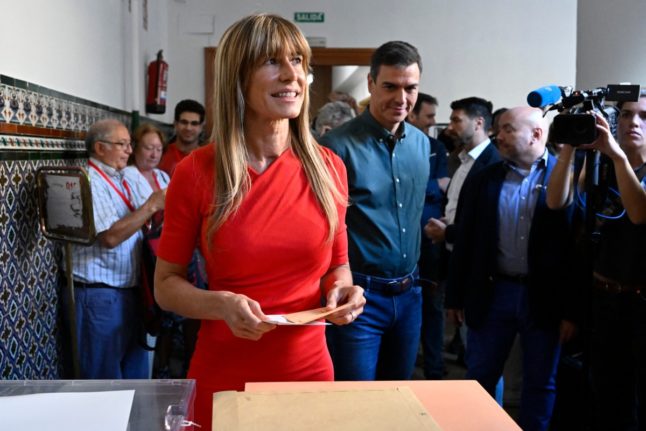Spain's caretaker conservative Popular Party government could not legally make cuts to the 2016 budget, so it had to seek parliament's approval for alternative measures to attain the public deficit target of 4.6 percent of gross domestic product (GDP).
The principal measure is a modification for early collection of corporate tax, which is hoped will bring in €8 billion in added revenue.
Socialist deputies demanded a reform of the budget stability law, but voted in favour of the bill, ensuring its passage. They joined lawmakers from the Popular Party and the centrist Ciudadanos party.
Spain sent Brussels last week its draft 2017 budget that acknowledges the country won't be able to hit the target of cutting the deficit to 3.1 percent of GDP, instead seeing a reduction to 3.6 percent.
Madrid said that the next government would have to decide on what additional measures to take.
The 4.6 percent and 3.1 percent targets were set in August when the European Commission let Spain off the hook for overshooting its deficit pledges, with the country at risk of stiff fines and cuts in aid funds.
Since the Spanish economy tanked in 2008 the country's public deficit has overshot the targets set by Brussels to return it to the EU limit of 3.0 percent.
Spain is being run by a government without full powers after inconclusive elections in December and June that saw the Popular Party win but without an absolute majority and other parties fail to forge a rival coalition.
New elections will need to be called if a deal is not reached to swear in a government by the end of this month.




 Please whitelist us to continue reading.
Please whitelist us to continue reading.